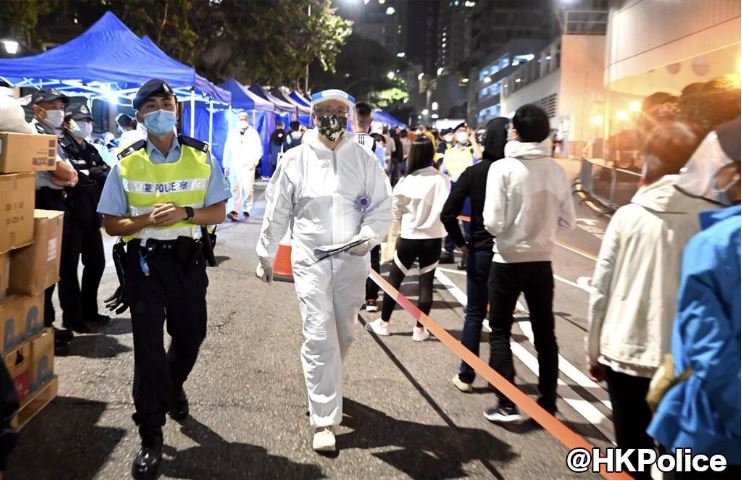International cooperation builds health, responsible global development

We often hear terms like "community with a shared future for mankind," "global governance," and "multilateralism," all of which emphasize cooperation and mutual benefit among nations. But what concrete examples connect these concepts to our daily lives?
Take the World Health Organization as an example. It plays a critical role in global health by setting international standards, monitoring disease trends, and providing technical support to improve health systems and raise overall health levels. To safeguard their populations' health and ensure sustainable social and economic development, many countries join the WHO and participate in global health governance to tackle transnational disease threats. Membership in the WHO reflects not only a commitment to citizens' health but also to global responsibility, since public health underpins stability in social security, biosafety, ecological security, and other fields.
Our country became a founding member of the WHO on April 7, 1948 (World Health Day) and has since played a pivotal role in the organization, actively promoting global public health and contributing to national security. As part of China, Hong Kong is authorized to attend certain international conferences, sharing its expertise and technologies in public health and biosafety. In particular, Hong Kong's work in infectious disease surveillance, early warning systems, and response measures has provided vital data and experience to the international community, enhancing preparedness for emerging global health threats. Upholding public health to ensure social stability is a clear example of reinforcing overall national security. As members of the "global village," let us unite in advancing public health, support international health standards, and contribute to sustainable development through multilateral cooperation.



